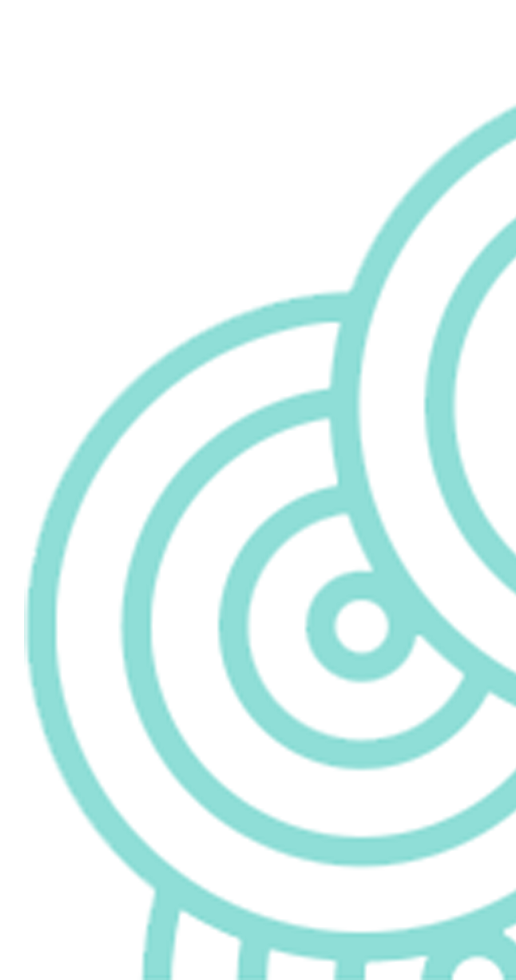Who We Are


The Africa Youth Parliament for Water
Our Story
The African Youth Parliament for Water (AYPW) is a bilingual grassroot youth-led, gender balanced, non-profit organization focused on water and sanitation development across the African continent, and its direct effects on climate change, gender equality, quality education, and youth empowerment. We mobilize youth voices, young professionals, decision makers, and together, we are shaping policies, building capacity, expanding and strengthening youth participation in decision-making at all levels, and driving impactful change for a sustainable future.
Founded in 2022, the AYPW works relentlessly to promote collaboration between local governments and youth parliaments to rethink youth policies and involve youth voices, in every step of the way on water, and sanitation management.
Through revitalization of the 54 African youth policies, the creation of a solid database for forming effective coalitions, and the tracking of the SDGs across the continent, we engage and empower younger generations, leaders of today and tomorrow in the water sphere to build their capacity through awareness-raising, advocacy, education, community projects, and tangible and trackable youth policies.
As an embodiment of youth voices in the water sector, the AYPW is established in 24 countries so far, aiming to reach all the 54 countries across the continent. In each country where a national AYPW chapter is implemented, we advocate and implement concrete actions with the national government, for the chapter to be recognised nationally (and internationally) as an official partner, representing youth voices in the country, which will have a direct influence on public policies and advancements regarding water and sanitation.
Our Mission
AYPW's mission is to mobilize and empower youth, women, and grassroots communities, from local to regional level across Africa, to foster collaboration between them and local governments through youth chapters, re-assessing and enhancing youth policies related to water, sanitation, and climate action.
Our Vision
AYPW envisions a future where Africa’s youth lead the way in ensuring clean water, improved sanitation, and resilience against climate change. A future where young people promote intergenerational equity, build resilience in their local communities, contribute to policies, drive innovation and implement equitable solutions, essential for achieving the Sustainable Development Goals (SDGs), especially SDG 6, clean water and sanitation for all.









